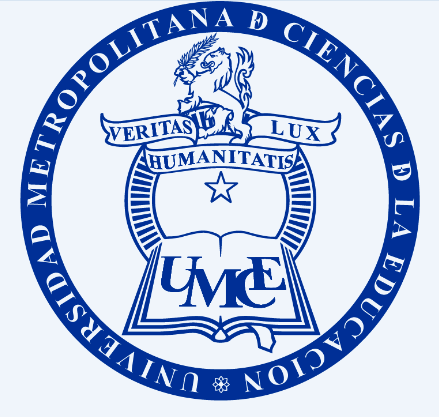Main Article Content
Aug 1, 2022
Abstract
This paper analyzes the differences between the Philosophical Theories of Aristotle, Augustine of Hippo and Kant on Ethics and Politics. Aristotle's ethical principles were made for the free men of Athens, who belonged to a small group of inhabitants of that city. Thus, Ethics and Politics were an exclusive matter of the elite, according to Aristotle. Augustine of Hippo, in turn, changed this scenario, bringing the Ethics and Politics to the the entire Christian Community. Kant, on the hand, went deeper than the others on this topic and made Ethics and Politics a universal issue, it can and should be discussed by everyone. In fact, the categorical imperative, according to Kant, is a rule whom everybody can obbey. It doesn't matter their religion, nationality, gender, profession, culture, age or social status. Thus, Kant created the possibility of a multicultural world, where different people can live harmoniously, despite their specificities of any kind.
Downloads
Policies for open access journals
Authors who publish here accept the following terms: Authors will keep their copyright and will guarantee the journal the right to the first publication of their work, which will be subject to the Licence of Creative Commons acknowledgement, which allows for the use of this material only if the authorship is credited and the original source is acknowledged (the journal’s URL), and if it is not used with commercial ends and with any derivations of the original work.
Authors may adopt other non-exclusive license agreements of distribution of the published version (e.g. to save it onto a digital institutional archive or publish it in a monographic volume) only if the initial publication of this journal is indicated.
It is permitted and recommended for authors to divulge their work on the Internet (e.g. institutional digital archives or webpage) before and during the submission process, which may lead to interesting exchanges and increase the citations of the publication. (See Open Access Effect).






